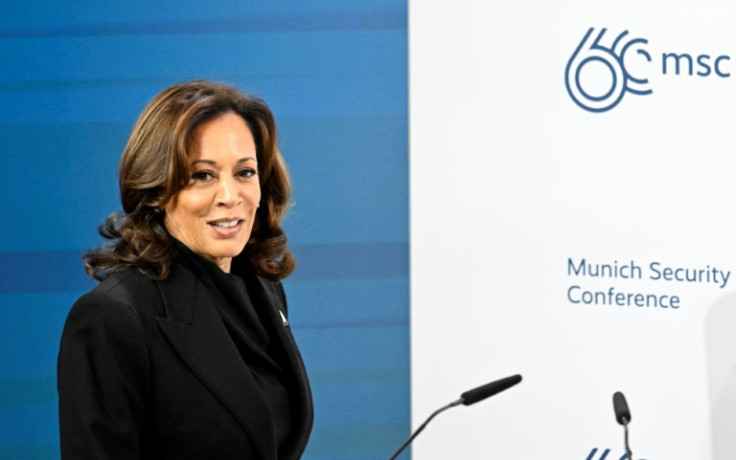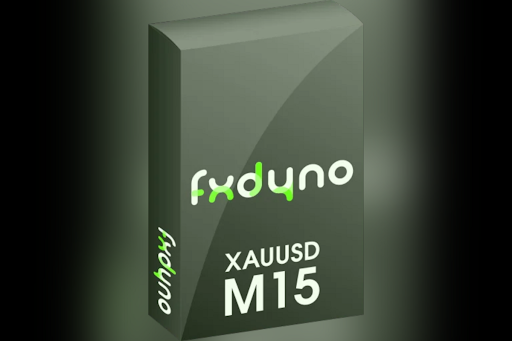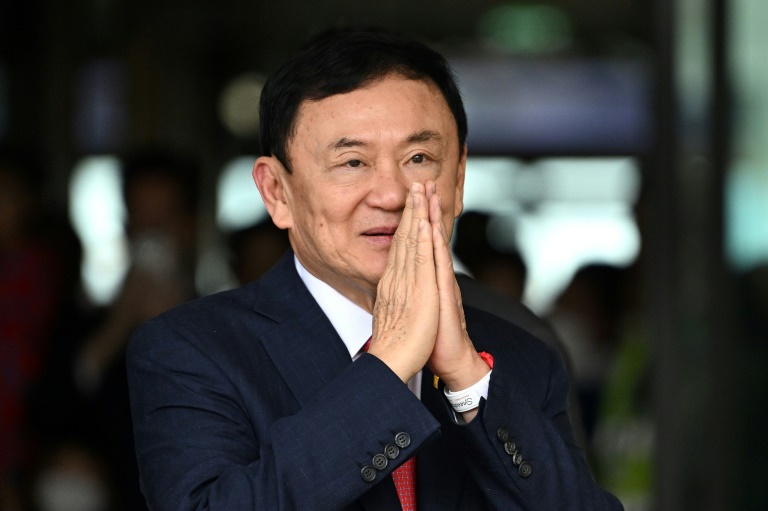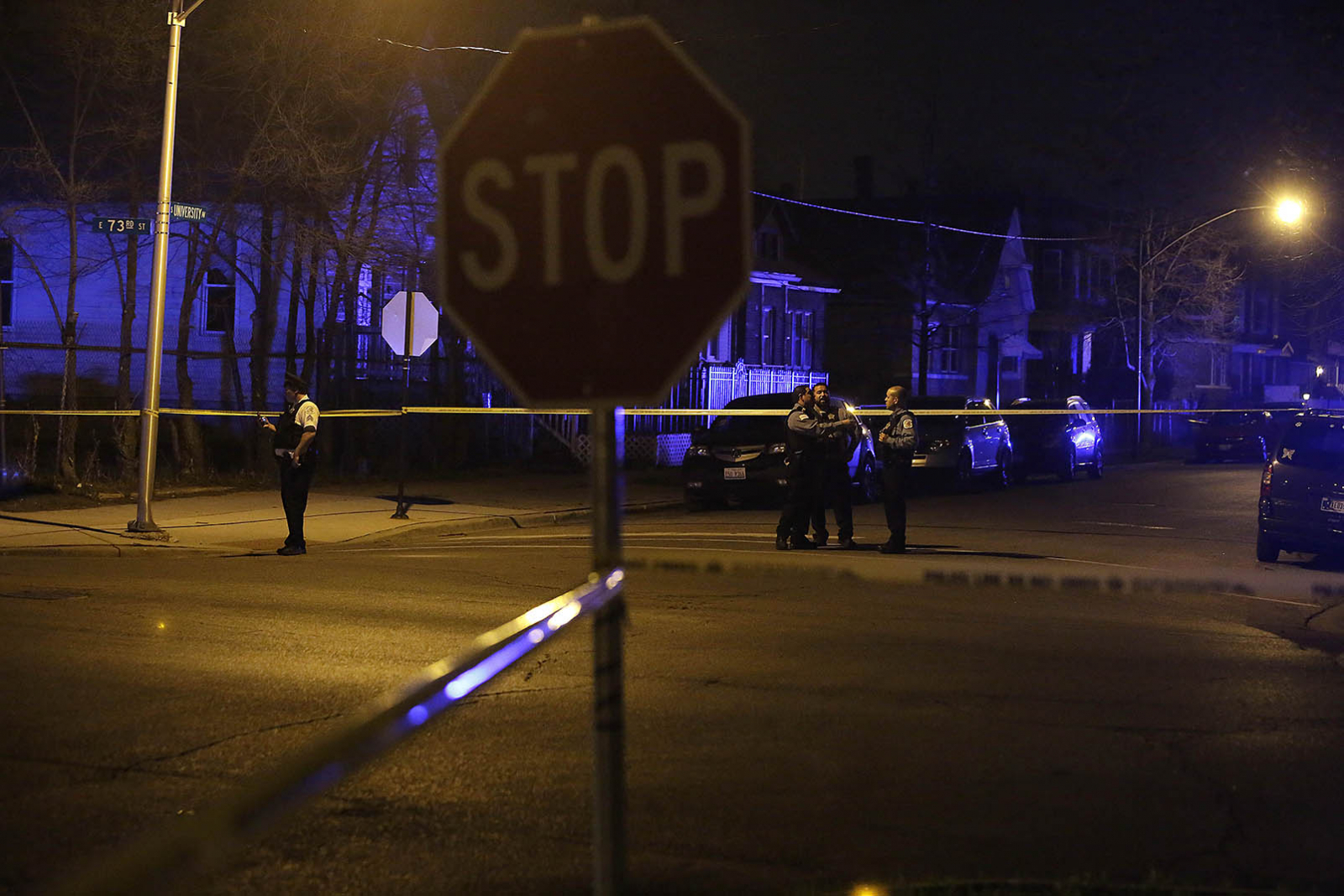Ukraine’s President Volodymyr Zelensky on Saturday will seek to rouse allies from war fatigue and step up their financial and military backing at a critical juncture in his country’s battle against Russia.
His speech at the Munich Security Conference seeking immediate aid for his soldiers will take on greater urgency following the Ukrainian withdrawal from the frontline city of Avdiivka under pressure from Russian attacks.
It also comes a day after winning pacts with France and Germany that maintain long-term defence support for Kyiv.
Zelensky last attended the Munich meeting two years ago, days before Russia invaded his country.
Then and now, his rallying call for help remains the same — although the circumstances have dramatically changed.
The war is about to enter its third year, but Russian troops appear far from done with their attacks.
Ukrainian military chief Oleksandr Syrsky said Saturday he had ordered troops to withdraw from Avdiivka to preserve lives and avoid being encircled.
The largely destroyed industrial city had become a main Russian target ahead of the February 24 invasion anniversary.
Zelensky’s European tour comes at a vital point with Ukraine facing mounting pressure, not only from Russian attacks but also because of ammunition shortages.
The long-term future of billions of dollars of Western aid is meanwhile in doubt, with the biggest contributor, the United States, in the throes of an election year.
A possible $60-billion package of military aid has been held up in Washington since last year because of wrangling in Congress.
The European Union has also admitted that it will only be able to make good on half of the one million artillery shells it promised to send by March.
Zelensky, who will meet US Vice President Kamala Harris on Saturday, said he hoped that the security deals with Berlin and Paris would give “an impulse to the US” efforts for his country.
Zelensky’s call to defeat Russia was also echoed by the wife of Alexei Navalny, who according to Russian authorities suddenly died in prison.
Yulia Navalnaya, who was in Munich for the conference, called “upon all the international community, all the people in the world to come together (to) fight against this evil, we should fight this horrific regime in Russia today”.
But while Ukraine was once the main conflict on the minds of world leaders, Israel’s war with Hamas and the ensuing escalating crisis in the Middle East have also sent diplomats scrambling for answers.
Both conflicts are dominating talks among the 180 leaders and security chiefs gathered in Munich, on stage and on the sidelines.
G7 foreign ministers huddling on Saturday are expected to seek ways to alleviate civilian suffering in Gaza, and use the occasion to consult with key players in the Middle East crisis.
In separate sessions, Israel’s President Isaac Herzog and Qatar’s Prime Minister Mohammed bin Abdulrahman Al-Thani will lay out their visions for establishing peace in the region.
Egypt’s Foreign Minister Sameh Shoukry will also be closely watched for any hints on negotiations with Israel ahead of its planned incursion on the overcrowded Gazan border city Rafah.
Israeli Foreign Minister Israel Katz said Friday his country would coordinate with Egypt before launching any military offensive in Rafah.
Fears had been growing for the hundreds of thousands of people who have fled the north of Gaza to Rafah as Israeli troops advanced into the territory to wage war on Hamas.
But Israel is now planning a major operation in the city. With the border to Egypt closed, nearly 1.5 million Palestinians are essentially trapped there.
Katz said US President Joe Biden would also be briefed on any military offensive, as he stressed his country’s determination to push ahead with the operation to root out Hamas fighters.
“If Sinwar and the Hamas murderers think that they can find protection in Rafah, it will not happen,” he said, referring to Hamas chief Yahya Sinwar.
AFP

AFP







